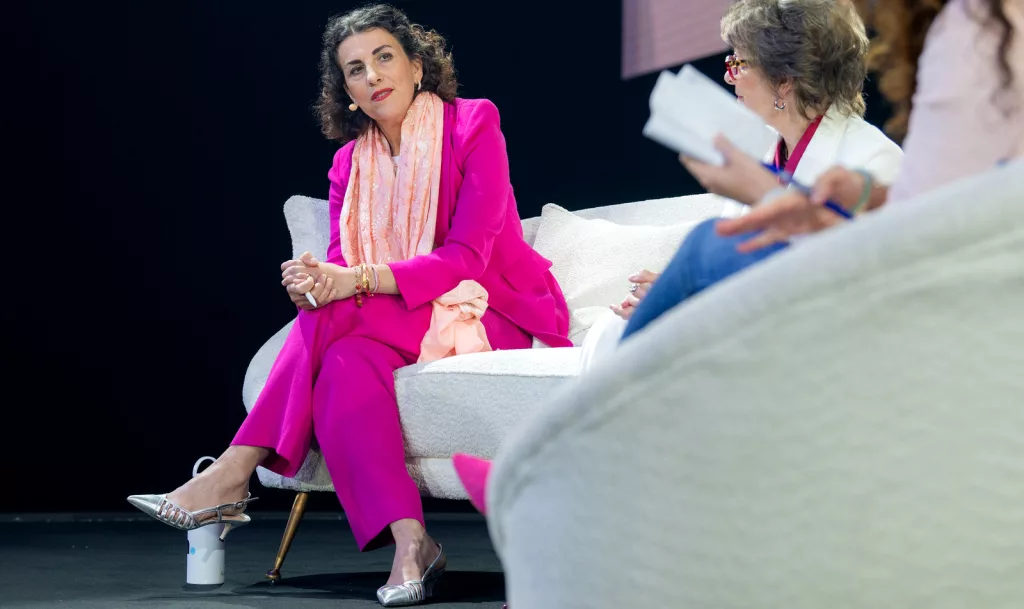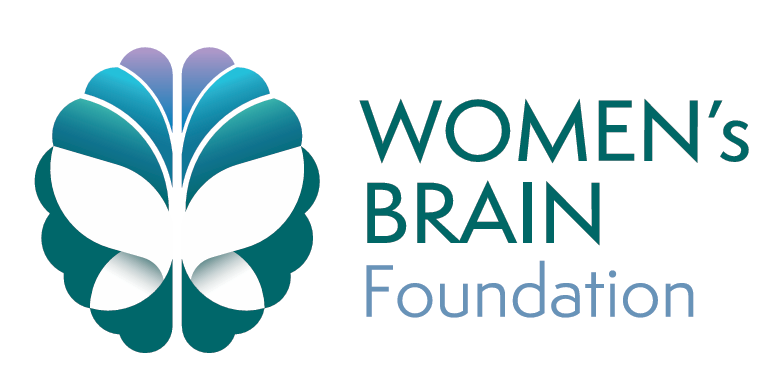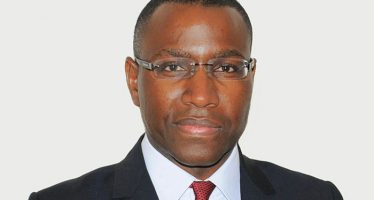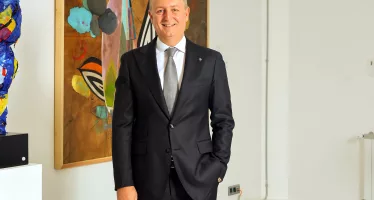It’s Not All in the Mind — but Is It About the Sex and Gender, too?
Group upgrades its efforts to study the role that gender plays in women’s mental and physical health.
When the Women’s Brain Project transformed into the Women’s Brain Foundation in March, it morphed from its seven-year provisional status into the permanent structure it was always meant to be.

WBF CEO & Co-Founder: Dr Antonella Santuccione Chadha
The WBF has expanded its outreach by creating new programmes, spreading its message via mixed media and conferences and publishing in a host of peer-reviewed journals.
The foundation’s mission is to advance research that focuses on how sex and gender factors into women’s health. It provides an opportunity to redesign research, medicine and the healthcare system — with women in mind. The goal is to grow into a research institute that will nurture sex- and gender-based personalised therapies for all while incubating start up and innovation creating a dedicated fund for women’s health and brain health.
With fewer than 40 people — virtually all volunteers — the WBF has taken great strides recently.
In May, it launched a global fund-raising effort, the Women’s Quota Campaign. The WBF is bringing attention to the unfortunate majority status of women with regard to neurologic and mental disease. The tag line is “Women don’t deserve this majority”; it highlights conditions, such as Alzheimer’s, MS, depression, anxiety, and migraine, that affect women more than men.
The funds will help into continuing their independent research . The public awareness initiative was created, pro bono, by Ogilvy Switzerland, and launched in Zurich.
Immediate goals are to shed light on women’s unmet medical needs and close the brain-research gender gap. The campaign has been translated into English, German, French, Italian, and Spanish, and the results will be discussed at the World Economic Forum 2025.
The WBF continues to spread its message in peer-reviewed journals. In March, WBF contributed an opinion article in Frontiers Global Women’s Health on the impact of informant-related characteristics on assessment of Alzheimer’s symptoms and severity. Experts recommend a multifaceted approach that integrates patient performance, caregiver information and self-reported data to properly assess patients with neurodegenerative diseases.
In April, the WBF and its fellow members of the advocacy consortium OneNeurology published national awareness campaigns for achieving global brain health in The Lancet Global Health. OneNeurology stresses urgent acceleration of the World Health Organisation’s plan to unite governmental policies and programmes that address epilepsy and other neurologic disorders.
In May, as part of the 16th ACM Web Science Conference, the WBF and others published Abortion and Miscarriage on Twitter: Sentiment and Polarity Analysis from a gendered perspective.
The WBF contributed editing support to a book, Innovating Health Against Future Pandemics (Elsevier 2024). It covers the key aspects which drive heterogeneity in an individual’s response to Covid-19, including age, sex, genetic make-up, immune responses, comorbidities, and viral strains/loads.
WBF cofounder Antonella Santuccione Chadha received an Empowering Women Award for 2024. Of the 300 nominees, the league recognized Chadha’s pioneering efforts in gender medicine.
Chadha spoke in Amsterdam at HLTH Europe on redesigning healthcare with women in mind. The all-female panel included the gynaecologist Dame Lesley Regan, DBE, Imperial College London, and Paula Bellostas, from the global management consulting firm Kearney.

You may have an interest in also reading…
World Bank Group: Development Finance Frontline – Strategic Investment Funds
This is the first of a series of occasional interviews with senior strategic investment fund (SIF) professionals. Tasked with attracting
Barış Öney is a Man of Many Talents — and Apparently Endless Energy
The founder of Globalturk Capital, Barış Öney, has many strings to his bow — and many successes to his name.
From the editor: The Art of the Doomsayer – Crisis? What Crisis?
Just as a broken watch still tells the right time twice a day, the persistent doomsayer will eventually be vindicated.
















































































